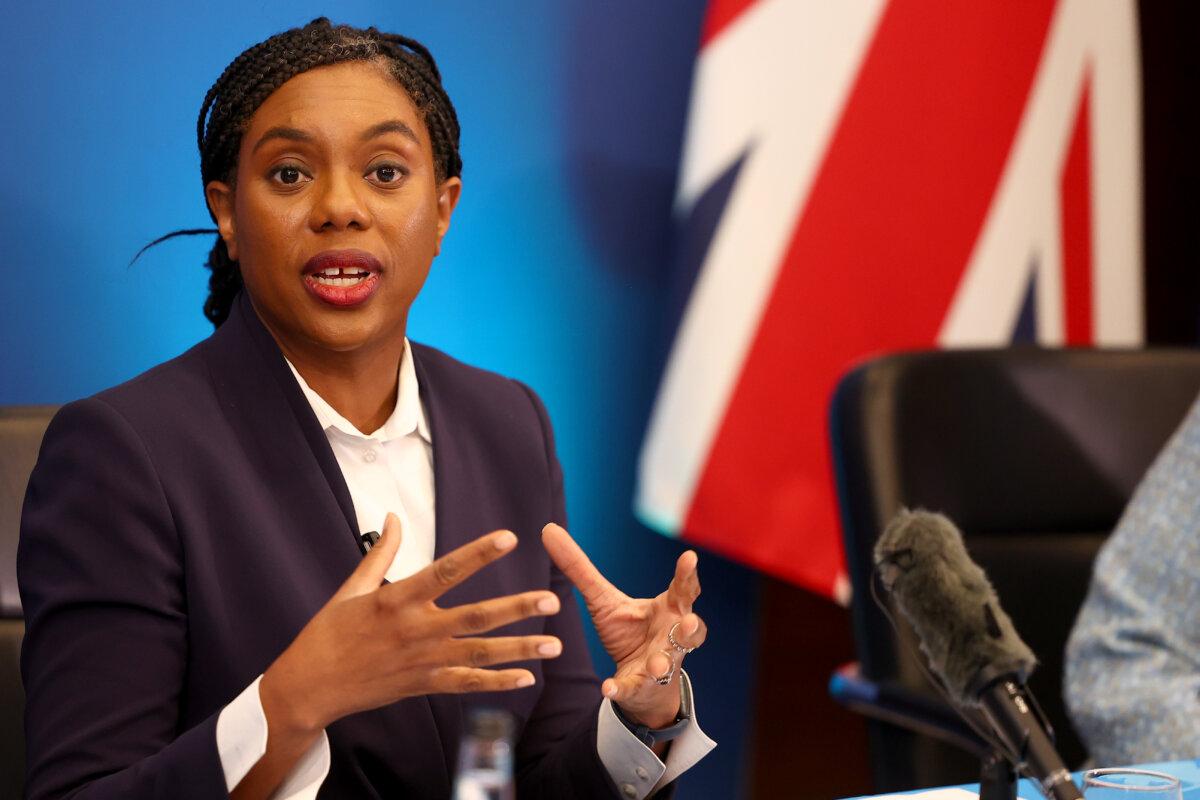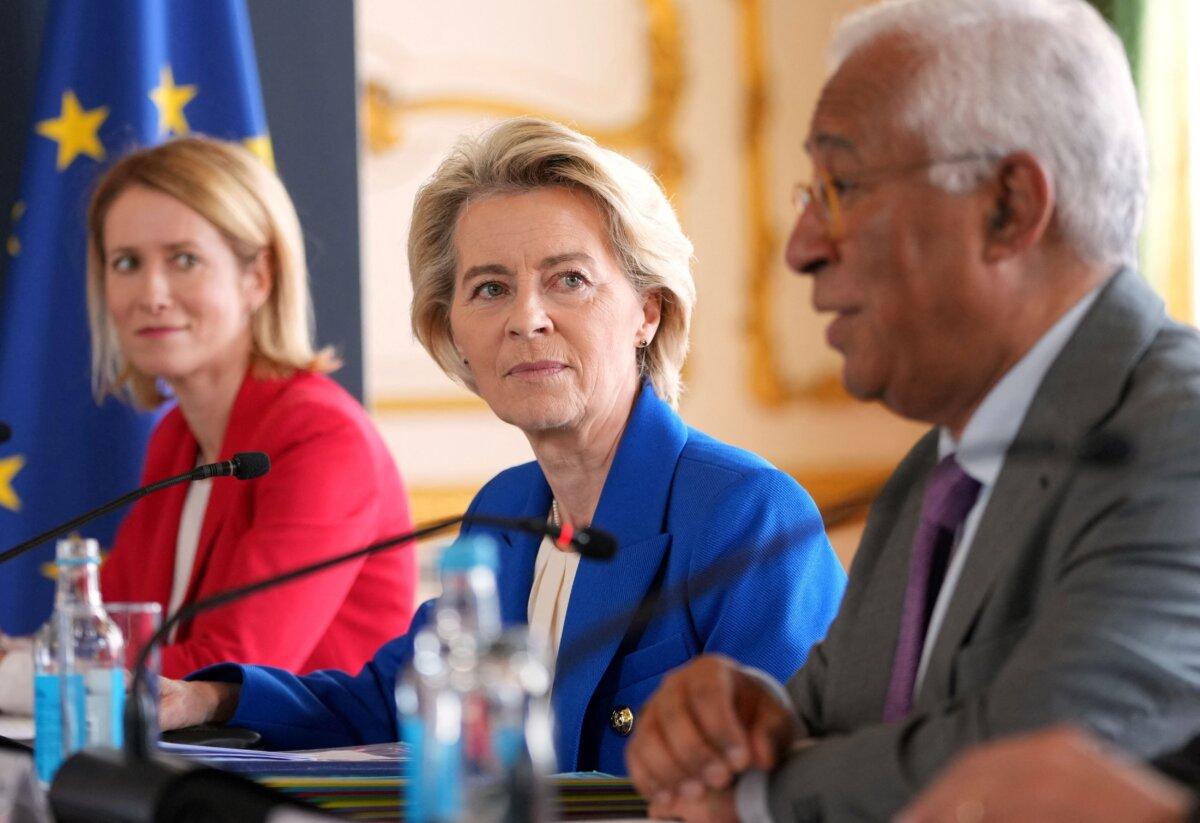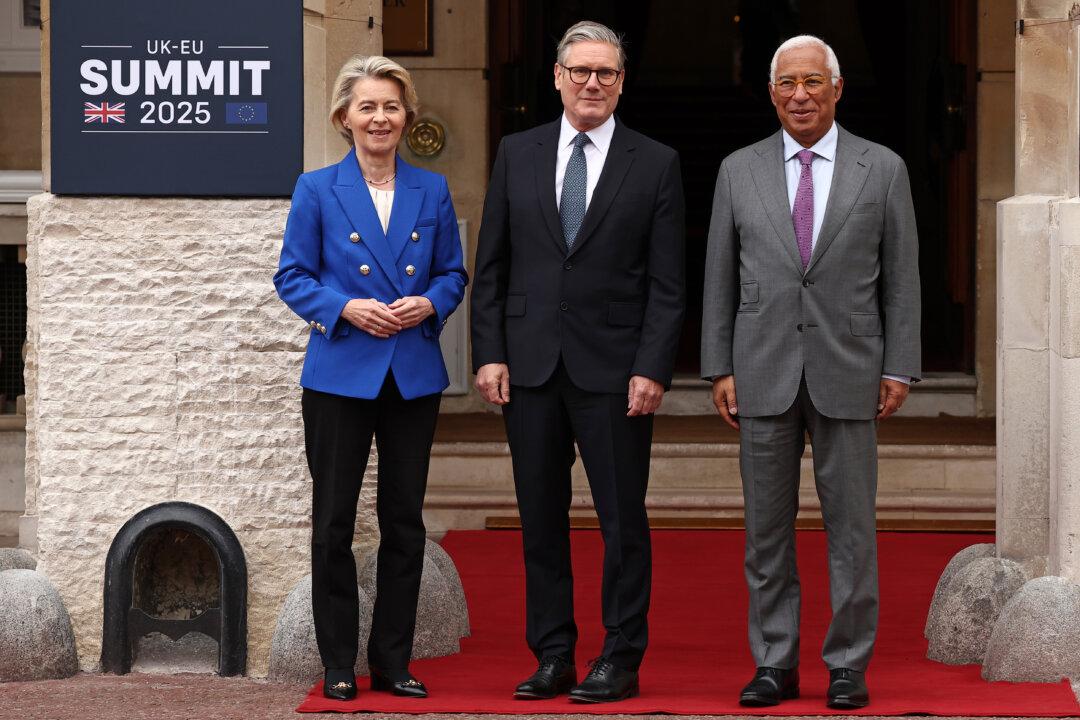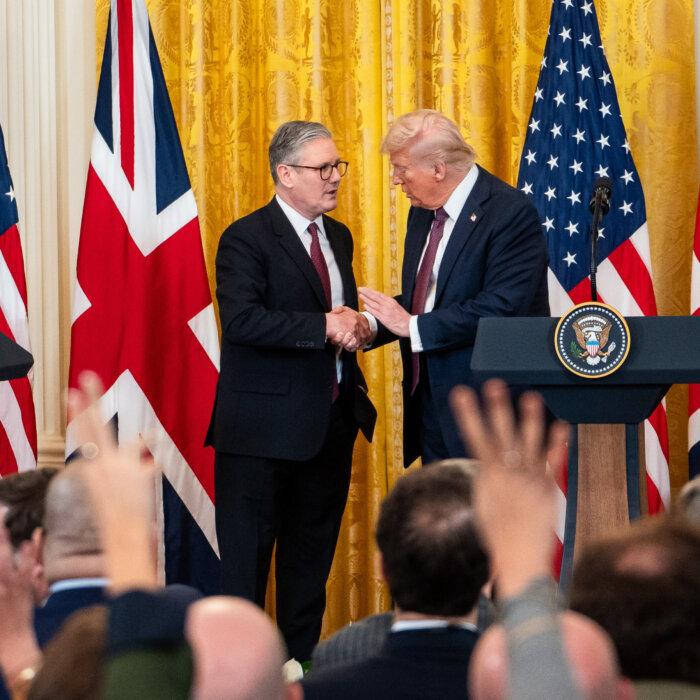Despite being hailed by Prime Minister Sir Keir Starmer as “a win-win,” the recent UK–EU summit in London has led some observers to question whether Britain is edging back towards becoming a rule taker.
No treaty was signed. Instead, the joint statement proposed to “proceed swiftly” with exploratory talks under each side’s “respective legal frameworks.”
Open-Ended Commitments
Details of the agreement, released on Monday, outline measures including a 12-year extension of EU access to UK fishing waters and a new sanitary and phytosanitary (SPS) agreement to ease food trade.The UK and EU also plan to link their emissions trading schemes to avoid carbon taxes and cooperate on a limited and capped youth mobility scheme.
British defence firms are set to gain access to EU contracts under a proposed £150 billion fund, while UK steel exports will be shielded from new tariffs, potentially saving the industry £25 million.
Fishing Access Extended
Fishing was one of the most disputed areas. The Trade and Cooperation Agreement (TCA), signed in 2020 under the Conservatives, allowed EU boats to keep fishing in UK waters until 2026, with talks due each year after that.The new agreement changes that plan, extending EU fishing access to UK waters until 2038.
Starmer defended the decision, saying it would provide “stability” and improve access for UK seafood exports to the EU.
“It also opens the door for shellfish and the like to be sold back into the European market, which wasn’t available before this deal,” he told reporters at the summit press conference.
But the decision has sparked anger among parts of the fishing industry.
“This deal is a horror show for Scottish fishermen,” said Elspeth Macdonald, chief executive of the Scottish Fishermen’s Federation.
“Any attempt by either the UK or EU to portray the new deal as a continuation of existing arrangements would be a lie, because in fact the TCA paved the way for annual access negotiations from 2026,” she said.

Food Rules Raise Sovereignty Fears
While not yet finalised, the SPS agreement would require the UK to align with EU food and agriculture standards to reduce border checks.This would ease friction at the border and allow previously banned products, such as British sausages and minced meat, back into EU markets.
In doing so, however, it reintroduces the concept of dynamic alignment, meaning the UK may have to automatically update its laws to keep pace with EU standards.
“Dynamic alignment means we are rule takers again,” said Badenoch.
She warned that the return to EU frameworks—including emissions trading—will result in higher costs for British consumers.
“Accepting EU carbon pricing will result in higher energy bills,” she said.

Businesses Welcome ‘Real Progress’
Meanwhile, British businesses have widely welcomed the summit’s outcome.The British Retail Consortium (BRC) said the agreement will ease the pressure on exporters and drive food prices down for consumers.
“The removal of veterinary checks is good news for retailers and consumers alike. It will help keep costs down and create greater security in retail supply chains, ensuring the ongoing availability of key food imports for British shoppers,” said BRC Chief Executive Helen Dickinson.
The Federation of Small Businesses said the UK–EU “reset” will help clear bottlenecks at the border.
Youth Mobility, Migration and Security
Though not explicitly stated, the summit leaves open the door for the UK to rejoin EU programmes it exited after Brexit, such as Erasmus+, the EU’s flagship education exchange.A similar vagueness applies to the youth mobility proposal, which outlines plans to introduce a “dedicated visa path” and “mutually acceptable” participant levels.
The text says both sides “should work” toward UK participation. No conditions or timelines are outlined.
The UK and EU agreed to strengthen cooperation with Europol and improve data-sharing on terrorism, serious crime, and migration. This could include the exchange of fingerprints, DNA, and criminal records of non-EU nationals.

EGate Access
On migration, both sides pledged to step up joint efforts to combat people smuggling, though no new policies were announced.Since Brexit, UK travellers have had to queue at manual passport checks in EU airports, as they can no longer use eGates like EU citizens.
Before the summit, there was hope this might change. But the final statement gave no firm promise, only that the UK and EU would keep discussing smoother border processes, including eGate access “where appropriate.”
It noted that EU travellers can already use eGates in the UK, and that there will be no legal barrier stopping British use of eGates once the EU’s new Entry/Exit System is in place. Starmer urged EU countries to allow UK travellers to use eGates “as soon as possible.”
Not a Treaty—Yet
The agreements announced at the summit are not legally binding. The official document confirms that they are subject to further negotiation.“We will proceed swiftly on the undertakings set out in this document, in accordance with our respective procedures and legal frameworks,” it reads.
The next step will be for the European Commission to seek a negotiating mandate from EU member states. This process could take months, with formal talks unlikely to begin before autumn.
Experts say some technical areas—such as SPS rules or ETS linkage—could take years to finalise.







